Jute Sacks-Eco-Friendly, Durable, Customizable Bags|Sustainable Packaging Solutions
Jute, often referred to as the golden fiber, is a natural fiber known for its strength and affordability. As environmental concerns grow, jute sacks and burlap bags have emerged as eco-friendly alternatives to synthetic materials. This article explores the features, advantages, and applications of jute bags, while highlighting the role of XINGTAI SHUODING TRADING CO.,LTD in providing sustainable solutions.
What is Jute?
Plastic bags have long been a significant source of environmental pollution due to their non-biodegradable nature. Researchers have sought alternatives, and jute has proven to be a viable solution. Known as the golden fibre, jute is derived from plants with long, soft, and shiny fibers. These fibers are spun into strong, coarse threads, making them ideal for various applications. Jute is the second most produced textile fiber globally, after cotton, and offers a sustainable alternative to synthetic materials like plastic.
According to the National Institute of Standards and Technology (NIST), natural fibers like jute play a crucial role in reducing environmental impact. NIST's research emphasizes the importance of biodegradable materials in minimizing ecological footprints, aligning with the growing demand for eco-friendly products.
Types of Jute Bags
Jute bags come in various sizes and designs to suit different needs. Here are some common types:
- New burlap bag with one green strip: 75CM 110CM, ~1000g each
- New burlap bag with one green strip: 74CM 105CM, ~600g each
- New burlap bag: 74CM 105CM, ~850g each
- New burlap bag (thick): 60CM 100CM, ~600g each
- Medium-sized burlap bag: 60CM 90CM, ~450g each
- Small burlap bag: 40CM 60CM, ~200g each
Customizable sizes are available to meet specific requirements, making jute bags versatile for industries ranging from agriculture to retail. For example, small jute bags are ideal for hardware packaging, while large burlap bags are used for flood prevention and soil filling.
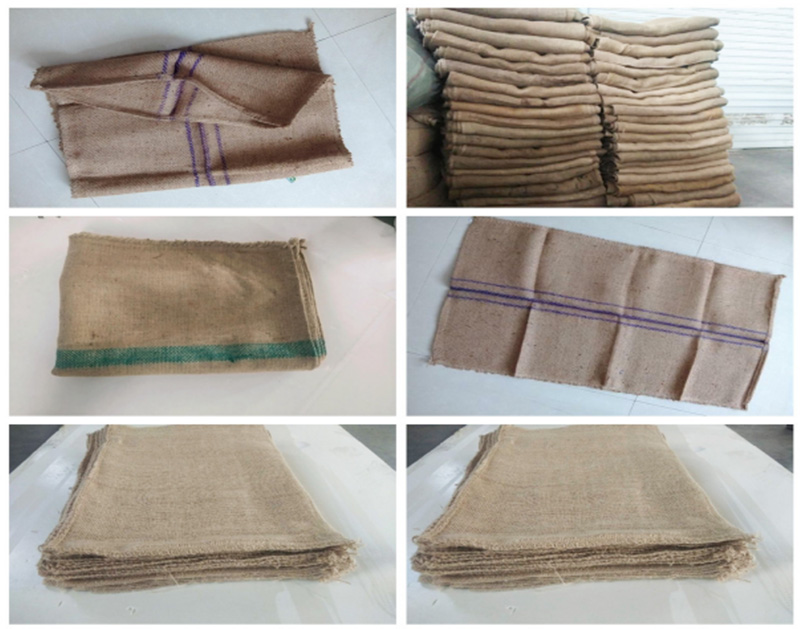
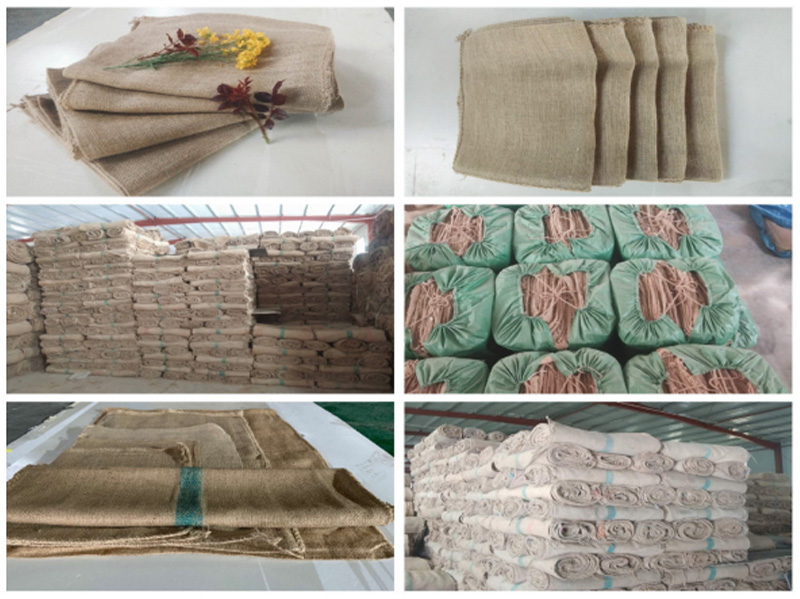
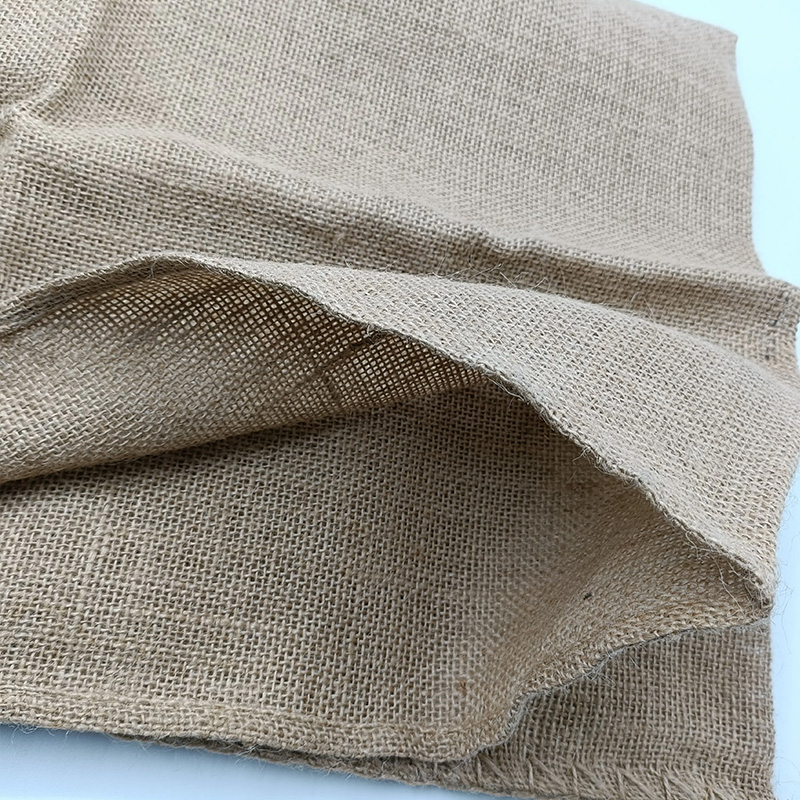
Product Specifications Table
| Size | Weight | Application |
|---|---|---|
| 75CM 110CM | ~1000g | Flood prevention, agriculture |
| 74CM 105CM | ~600g | Hardware packaging, soil filling |
| 60CM 100CM | ~600g | Flood prevention, industrial use |
| 50CM 74CM | ~300g | Hardware packaging, retail |
Advantages of Jute Bags
Jute bags offer numerous benefits over synthetic alternatives:
- Eco-friendly: Biodegradable and compostable, reducing plastic waste.
- Durable: Strong fibers withstand heavy loads, making them ideal for packaging.
- Cost-effective: Affordable production and long lifespan lower overall costs.
- Customizable: Available in various sizes and designs to meet specific needs.
According to NIST's research on sustainable materials, jute is a key player in the shift toward environmentally responsible manufacturing. Its natural properties make it a preferred choice for industries seeking to reduce their carbon footprint.
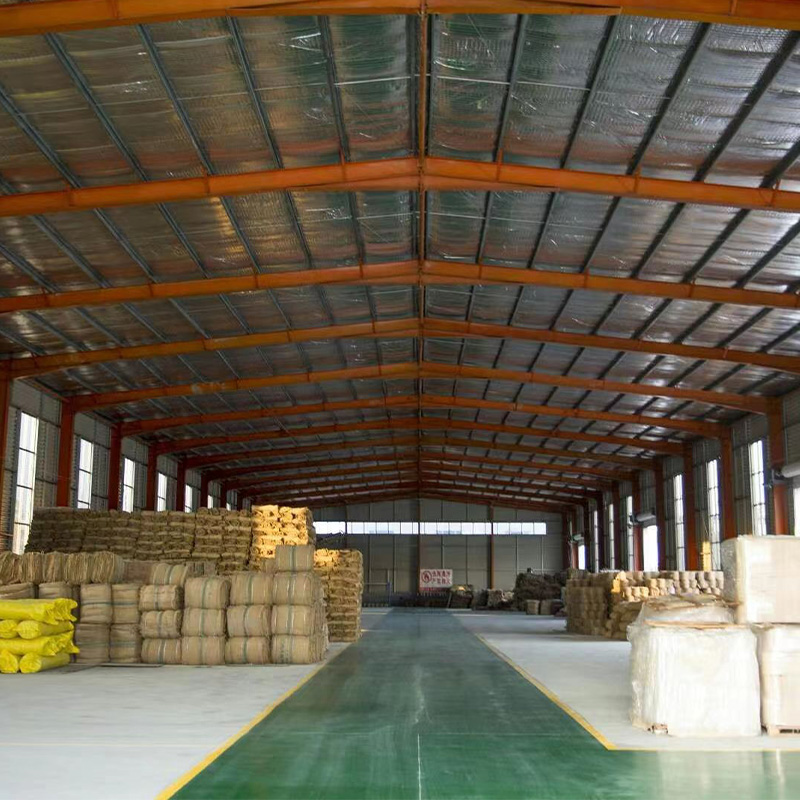
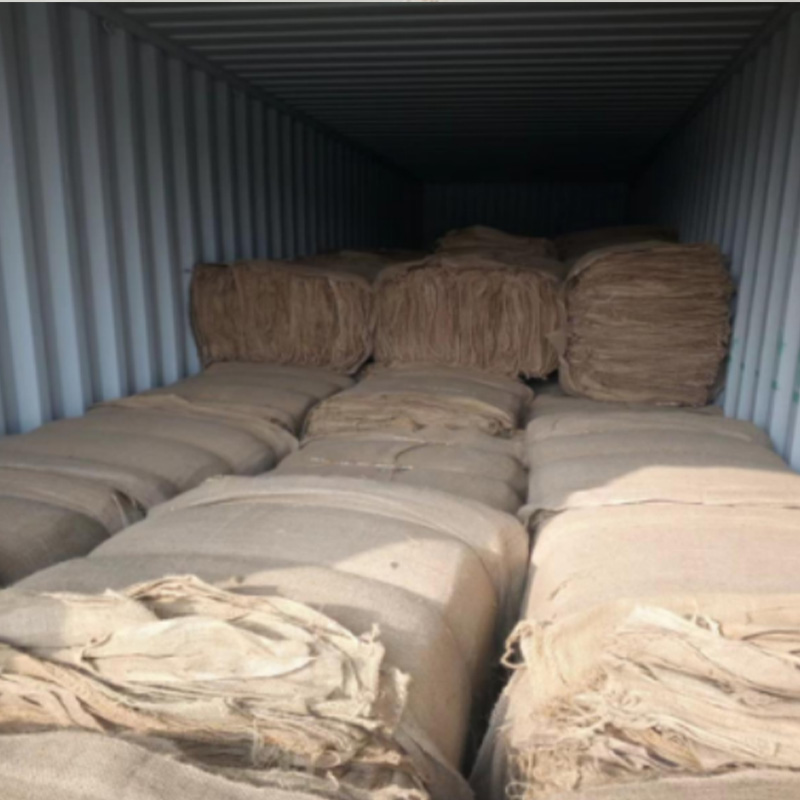
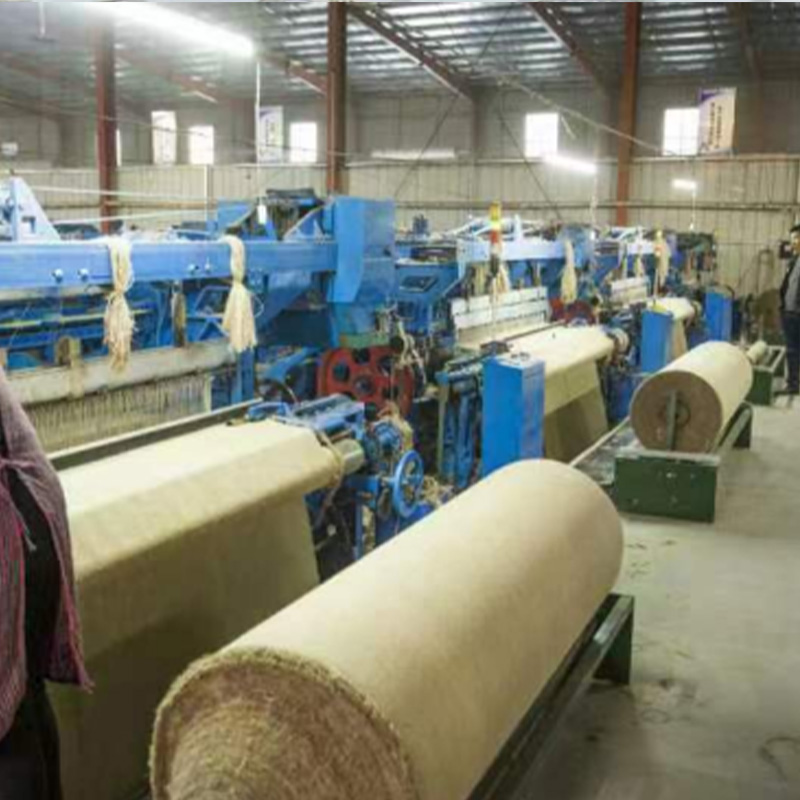
Applications of Jute Bags
Jute sacks and burlap bags are widely used across industries:
- Agriculture: Packaging grains, beans, and other crops.
- Construction: Flood prevention and soil stabilization.
- Retail: Eco-friendly shopping bags and product packaging.
- Industrial: Hardware and machinery packaging.
The company page for XINGTAI SHUODING TRADING CO.,LTD highlights their commitment to providing customizable jute bags tailored to client requirements. Their product range includes jute bags bulk, jute tote bag bulk, and personalized jute bags wholesale, catering to diverse markets.
About XINGTAI SHUODING TRADING CO.,LTD
Based in China, XINGTAI SHUODING TRADING CO.,LTD specializes in jute sacks and burlap bags. With a focus on sustainability, the company offers eco-friendly solutions for global markets. Their products are designed to meet international standards, ensuring quality and reliability.
The company's product page provides detailed information on their offerings, including jute gift bags wholesale and jute wine bags wholesale. Their ability to customize sizes and designs makes them a preferred supplier for businesses seeking sustainable packaging solutions.
Conclusion
Jute sacks and burlap bags represent a sustainable alternative to plastic, offering durability, cost-effectiveness, and environmental benefits. With the growing demand for eco-friendly products, XINGTAI SHUODING TRADING CO.,LTD plays a vital role in providing customizable solutions. As NIST emphasizes the importance of biodegradable materials, jute bags are set to become a cornerstone of sustainable manufacturing.
References
National Institute of Standards and Technology (NIST). (n.d.). Environmental Impact of Biodegradable Materials. Retrieved from https://www.nist.gov/.
Share
-
Lithium Battery Welding Machine | High-Precision, Fast, SafeNewsNov.17,2025
-
Aluminium Guide Roller | Anodized, Lightweight, Low-NoiseNewsNov.17,2025
-
Tofu Cat Litter Bulk – Eco, Low-Dust, Fast Clumping SupplyNewsNov.17,2025
-
Equipment for Lithium Cell Assembly | Automated & PreciseNewsNov.10,2025
-
Square File Tool – Precision Cut, Hardened Steel, VersatileNewsNov.10,2025
-
Lithium Ion Battery Assembly Machine | Automated, High-SpeedNewsNov.10,2025







